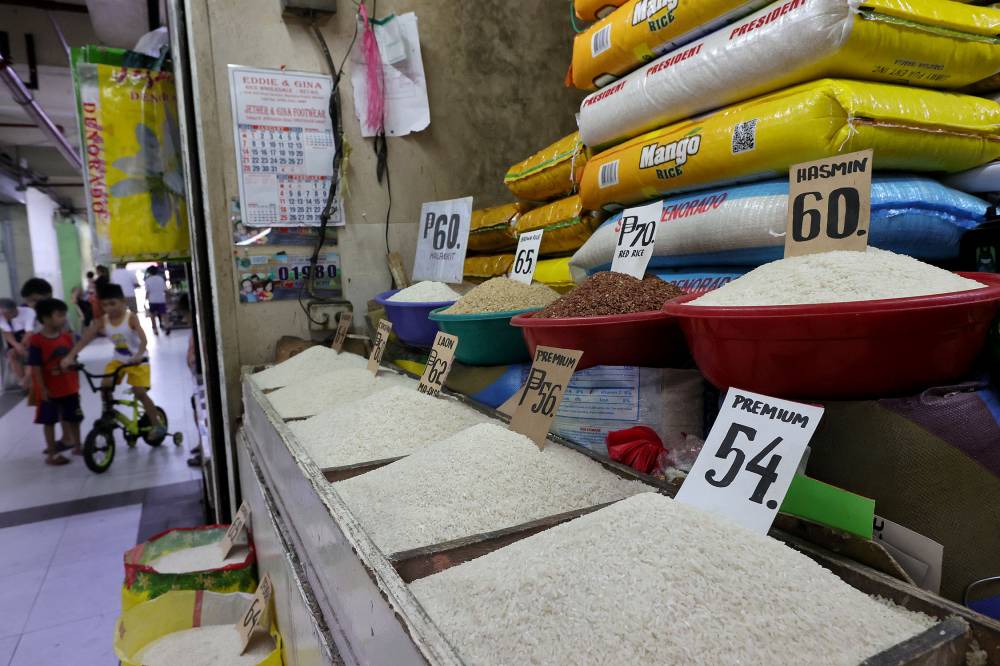Manila, Philippines — A farmers’ group has called for the complete repeal of the rice tariffication law, or Republic Act No. 11203, despite the efforts by the House of Representatives to amend it, asserting it won’t resolve the persistently high prices of rice in the country and instead demanded for the enactment of a “new pro-farmer, pro-people rice development program.”
“Congress created the problem that is the rice tariffication law. Lawmakers cannot simply undo the problem by tweaking parts and provisions of the despicable law,” Danilo Ramos, chair of the Kilusang Magbubukid ng Pilipinas (KMP), said in a statement on Sunday.
According to KMP, the law has led to more than P344 billion in economic losses for rice farmers by clipping the powers of the National Food Authority (NFA) and allowing the private sector to dominate rice production, supply and distribution. The group said this resulted in record-high price inflation of 22.6 percent for rice.
“To address the Marcos government’s epic failure in lowering rice prices, Congress is now turning to RA 11203 amendments, even if they knew that it would do nothing in resolving the rice crisis,” Ramos said.
WTO commitments
The RA 11203, which liberalized the rice importation, exportation and trading and lifted tariffs, itself amended RA 8178, or the agricultural tariffication act of 1996, which was meant to make the country compliant with commitments to the World Trade Organization (WTO).
He said allowing the NFA to sell rice again and funding for the Rice Competitiveness Enhancement Fund are insufficient measures. Instead, KMP urged the rehabilitation of the rice production sector through support programs for production, farm inputs and protection of rice lands and the local industry.
“[President] Marcos has no real and serious intentions of resolving the rice crisis. He is a major contributor to the problem as he allows massive rice importation and the proliferation of corruption within the Department of Agriculture and NFA,” Ramos stated.
The group claims the government protects big traders, importers, smugglers, hoarders and the rice cartel while undermining food self-sufficiency.

